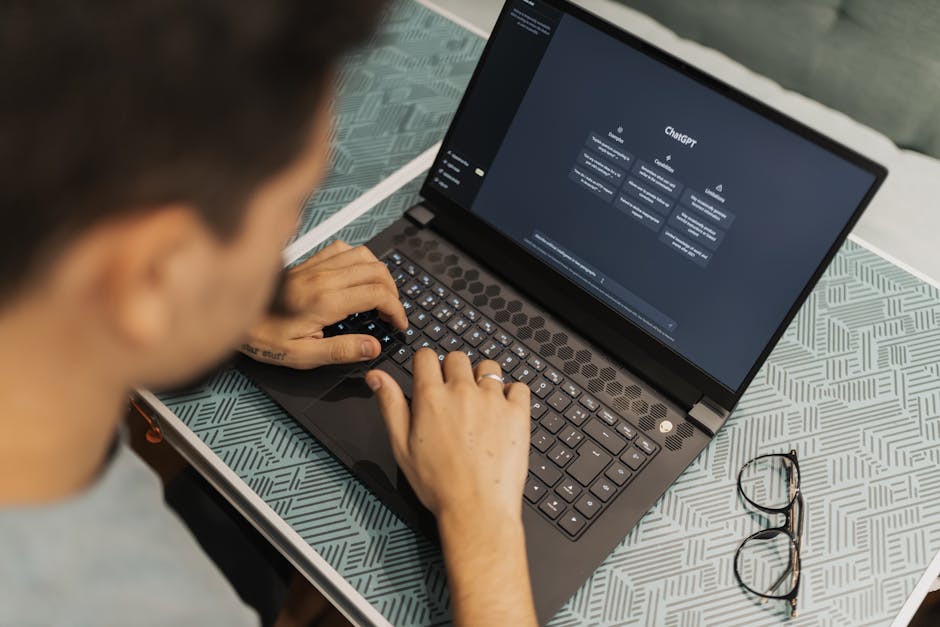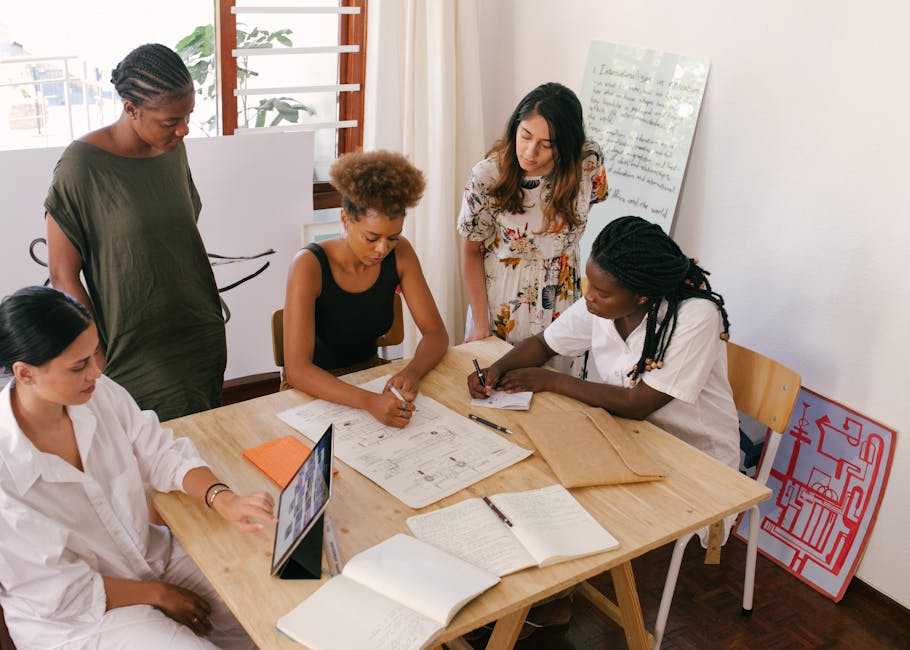AI Predicts: "Reverse Historical Society" - Get Paid to Disprove History!
Introduction: Rewriting History, One Fact at a Time
Imagine a world where challenging established historical narratives isn't just encouraged, but rewarded. That's the premise behind the burgeoning concept of a "Reverse Historical Society," fueled by advancements in Artificial Intelligence (AI) and a growing appetite for critical re-evaluation of the past. Forget passively accepting textbook accounts; the future might involve actively seeking out inaccuracies and alternative interpretations, and getting paid for it.
This isn't about conspiracy theories or historical revisionism in the pejorative sense. Instead, it’s about using AI tools to analyze vast datasets of historical records, identify potential biases, and explore overlooked perspectives. The goal? To refine our understanding of the past and ensure historical accounts are as accurate and comprehensive as possible. Could this be the future of historical research? Let's delve into the possibilities.
The idea is simple: instead of confirming existing historical narratives, members of the Reverse Historical Society would be incentivized to disprove them. They'd use AI-powered tools to sift through digitized archives, analyze primary source documents, and identify inconsistencies or gaps in the historical record. Successful challenges could lead to revisions in textbooks, museum exhibits, and even academic research.

The AI Revolution in Historical Analysis
AI is rapidly transforming numerous fields, and historical research is no exception. AI algorithms can now:
- Analyze vast datasets: Sift through millions of digitized documents, letters, and images far faster than any human researcher.
- Identify patterns: Detect subtle connections and correlations that might be missed by the human eye.
- Translate ancient languages: Decipher texts and inscriptions, opening up new avenues of historical inquiry.
- Reconstruct damaged artifacts: Virtually restore fragmented objects, providing valuable insights into past cultures.
Tools like optical character recognition (OCR) software, natural language processing (NLP) algorithms, and machine learning models are becoming increasingly sophisticated, empowering historians to conduct research on a scale previously unimaginable. Furthermore, platforms for collaborative research, data sharing and AI-driven insights like Example AI History Platform (hypothetical platform) are emerging to democratize historical investigation.
Imagine an AI system analyzing thousands of 18th-century ship manifests, uncovering previously unknown trade routes and economic relationships. Or an algorithm identifying subtle biases in news articles from the Civil War era, revealing how propaganda shaped public opinion. The possibilities are truly limitless.

How the "Reverse Historical Society" Would Work
The Reverse Historical Society would operate on a unique model:
- Funding: Primarily funded by grants from academic institutions, philanthropic organizations, and even government agencies interested in promoting historical accuracy and critical thinking.
- Membership: Open to anyone with an interest in history, regardless of their formal qualifications. The focus would be on analytical skills, critical thinking, and the ability to use AI tools effectively.
- Challenge Submission: Members would submit their challenges to established historical narratives, supported by evidence gathered through AI-assisted research.
- Peer Review: A panel of experts, including historians, AI specialists, and ethicists, would review the submissions, evaluating the validity of the evidence and the potential impact of the challenge.
- Reward System: Successful challenges would be rewarded with grants, scholarships, or other forms of recognition. The size of the reward would depend on the significance of the challenge and the impact it has on our understanding of history.
This model could foster a more dynamic and rigorous approach to historical research, encouraging diverse perspectives and promoting continuous refinement of our understanding of the past.

Potential Benefits and Challenges
The Reverse Historical Society offers several potential benefits:
- Enhanced Historical Accuracy: By actively seeking out inaccuracies, the society could help to ensure that historical accounts are as accurate and comprehensive as possible.
- Promotion of Critical Thinking: Encouraging members to challenge established narratives would foster critical thinking skills and a deeper understanding of the complexities of history.
- Democratization of Historical Research: Opening up historical research to a wider audience would bring fresh perspectives and innovative approaches to the field.
However, there are also challenges to consider:
- Ensuring Ethical Use of AI: It's crucial to ensure that AI tools are used responsibly and ethically, avoiding biases and promoting fairness.
- Combating Misinformation: The society must be vigilant against the spread of misinformation and conspiracy theories, ensuring that all challenges are based on solid evidence and rigorous analysis.
- Maintaining Academic Rigor: Balancing the democratization of research with the need for academic rigor is essential to ensure the credibility of the society's findings.
Addressing these challenges will be critical to the success of the Reverse Historical Society.

Funding and Sustainability
Securing sustainable funding is crucial for the long-term viability of the Reverse Historical Society. Potential funding sources include:
- Government Grants: Grants from national and international funding agencies focused on education, research, and cultural preservation.
- Philanthropic Organizations: Donations from foundations and charitable organizations dedicated to promoting historical accuracy and critical thinking.
- Academic Institutions: Partnerships with universities and colleges, providing access to resources, expertise, and research facilities.
- Crowdfunding: Engaging the public through online crowdfunding campaigns to raise funds for specific projects or initiatives.
A diversified funding model, combining public and private sources, would provide the society with the financial stability it needs to pursue its mission effectively.
The Reverse Historical Society could also generate revenue through the publication of its findings, the development of educational resources, and the organization of conferences and workshops.

The Future of Historical Research
The Reverse Historical Society represents a bold vision for the future of historical research. By harnessing the power of AI and incentivizing critical thinking, it has the potential to transform our understanding of the past.
Imagine a future where:
- Textbooks are constantly updated to reflect the latest research findings.
- Museum exhibits are interactive and engaging, encouraging visitors to question established narratives.
- Historical research is more accessible and inclusive, bringing diverse perspectives to the forefront.
While the concept is still in its early stages, the Reverse Historical Society offers a compelling glimpse into the future of how we study and understand history. It is a future where artificial intelligence and human intelligence work together to ensure that our understanding of the past is as accurate, nuanced, and comprehensive as possible.
The key will be finding the right balance between leveraging the power of AI and preserving the critical thinking skills and human judgment that are essential to historical scholarship. If done right, the Reverse Historical Society could usher in a new era of historical discovery and understanding.

Getting Involved: Contributing to the Reverse Historical Society
Although the Reverse Historical Society is currently a hypothetical concept, there are several ways to get involved in promoting its core principles:
- Develop AI tools for historical analysis: Contribute to the development of open-source software and algorithms that can be used to analyze historical data.
- Support organizations promoting critical thinking: Donate to organizations that promote critical thinking, media literacy, and historical accuracy.
- Engage in online discussions: Participate in online forums and discussions about history, sharing your insights and challenging established narratives.
- Educate yourself: Learn more about history, AI, and critical thinking, expanding your knowledge and skills.
| Area | Action | Resources |
|---|---|---|
| AI Development | Contribute to open-source projects | Hypothetical AI Resources |
| Critical Thinking | Support educational initiatives | Hypothetical Critical Thinking Resources |
| Historical Research | Engage in online discussions | Hypothetical Historical Forums |
By taking these steps, you can help to create a future where history is more accurate, accessible, and engaging for everyone.

So, dive in, challenge the narratives, and let's rewrite (or un-write!) history together – the future of historical understanding might just depend on it!
-YourDad

Comments
Post a Comment